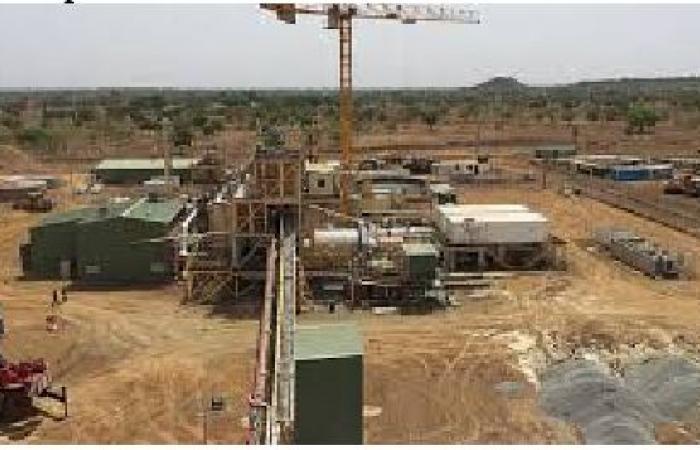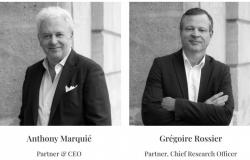The French company Eramet, via its subsidiary Grande Côte Operations (GCO), is today at the center of a growing challenge in Senegal. Accused of devastating the environment and jeopardizing the fundamental rights of local communities, the mining company is the subject of a multifaceted criticism, both popular, political and scientific.
In the latest micro-handwriter broadcast in Dakar, Citizen votes rise against the consequences of the exploitation of zircon by Eramet in the Lompoul region. « It is fair to condemn this company », Lames a first speaker, stressing that any industrial activity must first generate profits for the local population, not suffering. Another participant deplores deforestation, population trips and long -term impacts on ecosystems: ” This will have repercussions on ourselves and future generations ». The two insist: Before any industrial establishment, the State had to assess the national interest and the risks involved.
This popular discontent echoes a recently broadcast documentary, in which The inhabitants of Lompoul testify to the destruction of their agricultural land, pollution and growing food insecurity, caused by the extraction of zircon. In this region, essential for Senegalese market gardening, the peasants are forced to leave their land without adequate compensation, while ecosystems collapse.
A conference held on April 19, 2025 in Dakar strengthened the conviction of this mining farm. Organized by environmental activists and experts like Sylvestine Mendy and El Hadji Thiogane, The meeting revealed the social, health and environmental consequences of GCO activities. According to the stakeholders, since 2014, Eramet operations have caused soil drying up, respiratory diseases, water pollution and the exodus of rural communities. “” Our current leaders claim to be human rights defenders and Pan -Africanists. But faced with this drama, their silence becomes a form of complicity “, Indignant Mendy.
A recommendation press release was published at the end of the conference, calling for a immediate moratorium On GCO mining activities. It requests an independent damage assessment, land restoration and the rehabilitation of ecosystems. Even more, it requires a deep reform of the legal framework framing mining concessions, and a real involvement of the communities concerned.
This cry of alarm does not resonate only in Senegal. In France, the environmental member Benoît Biteau challenged the government in a written question published on April 1 au Official Journalpointing to Eramet’s responsibility in ” the scarcity of water, the destruction of agricultural land and the forced displacements of populations ». In his question in Parliament, he recalls the urgency of imposing on French companies operating internationally compliance with environmental and human rights standards.
This extractivist model, increasingly disputed, is now considered a modern form of economic neocolonialismwhere profits are repatriated abroad, at the cost of suffering from local communities. Faced with this reality, Senegalese civil society requires strong measures: Stopping mining activities, equitable compensation for victims, and political choices in favor of sustainable development based on local agriculture and ecological tourism.
In a context where sovereignist speeches are gaining momentum, the Eramet-Gco case crystallizes deep discomfort. As the environmentalist Ikir Manal points out: ” It is time to listen to the populations, to give them the floor in the decisions which concern them directly ».
In Dakar, mobilization is intensifying. The looks are now turned towards the Senegalese state, summoned to choose between The mining annuity in the service of foreign interests or ecological sovereignty at the service of its people.
By Moussa Sissoko








